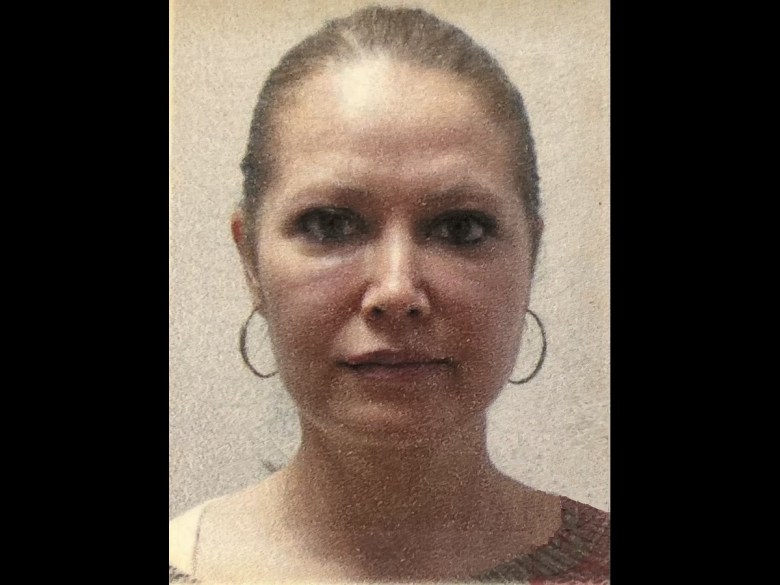The lens of integrated policy design has led to a new way of supporting women with disability who are escaping violence.
Dr Alicia Yon, education fellow at the University of Melbourne School of Design, undertook her PhD in urban planning and combined her experience as an educator and an urban planner/policy analyst to come up with a new integrated policy and service framework to better support victim-survivors with disability when seeking help.
“Not only have women with disabilities been left behind by the women’s movement, but they’ve also been left behind by the disability movement, especially women with disabilities and complex needs. This prompted me to rethink my thesis topic,” she explained, “to have meaning and save/change lives”.
Dr Yon said there is a “real problem” with the way the policy landscape currently deals with these issues, due to a disconnect between gender, disability and violence. This leads to compartmentalised approaches, which then impacts how services are delivered.
Her thesis aimed to fix this disconnect, taking an intersectional and integrated response with a focus on access, participation and inclusion, setting up for a service sector that is more responsive to the particular needs of disabled users.
As part of her research, Dr Yon spent time interviewing victim-survivors of domestic and family violence to learn about what they wanted to see changed in policy and services to better meet their needs.
“They saw themselves as champions and advocates for other women… they were very excited and very happy to share some of their own personal experiences. The policy framework that I’ve developed is really informed by their lived experiences, which a lot of the current policy approaches that we still rely on are devoid of.”
She also interviewed disability and violence-response service providers, and found that all three groups of interviewees had similar concerns about the lack of advocacy, awareness and empathy in the space, the unevenness of service provision/ locational disadvantage associated with a lack of regional investment, and the disjointed nature of policy and service responses that fail to recognise intersectional violence and discrimination.
She said her policy framework “really picks up on the women’s experiences and tries to get us to think about certain policy responses and services responses in a way that actually addresses diverse needs [since one-size-fits-all policy and service responses have failed victims]”.
Key to it is the involvement of all sector stakeholders, including the NDIS service interface, Dr Yon added.
“You can’t really expect one particular policy area to deal with such a complex issue in isolation because it cuts across so many different policy and service domains. We have to get rid of the compartmentalisation that still defines how we work.”
With her PhD now finished, she hopes to promote her policy framework to government to improve how Australia responds to disability and violence issues in an integrated and meaningful way.
“I’m an educator but also a policy analyst. My hope is to be able to teach and raise awareness about my work in both, to use my work as a way to influence change in policy and practice that defies and disrupts the way we have been thinking and doing things. That’s my dream,” she said.

